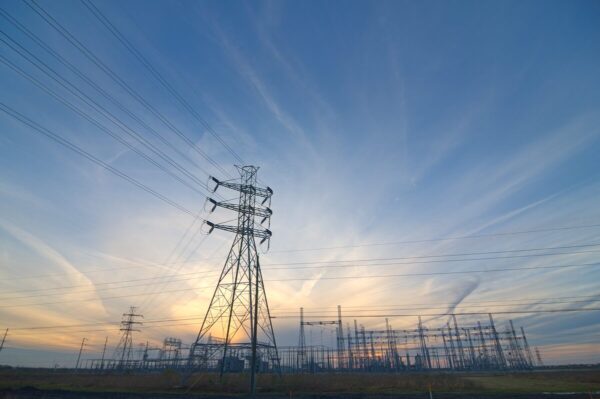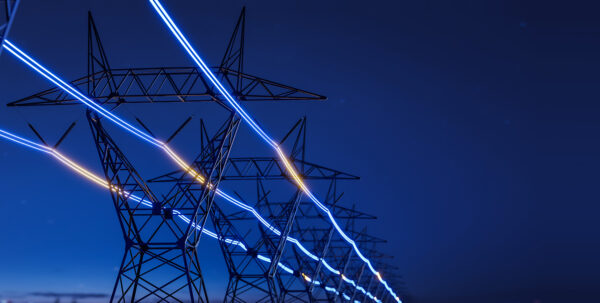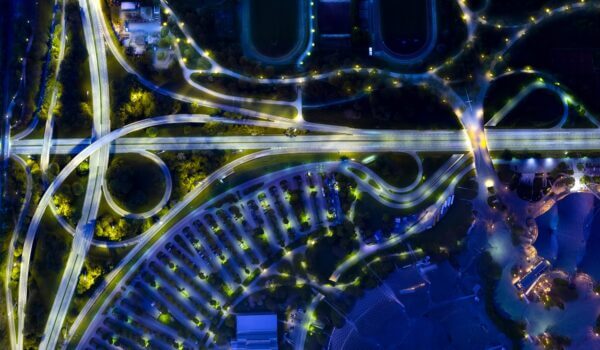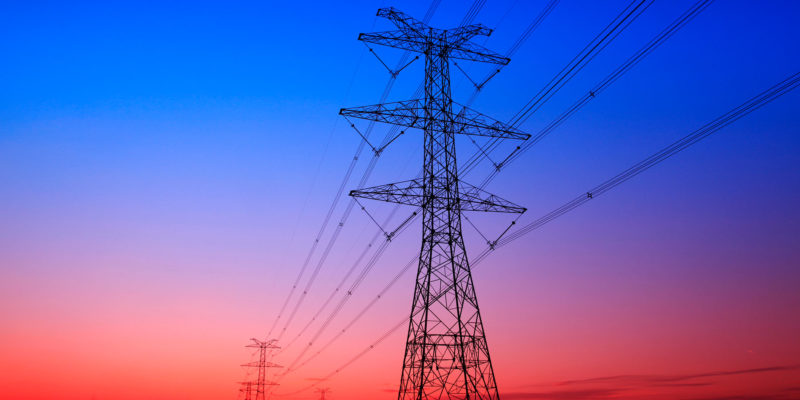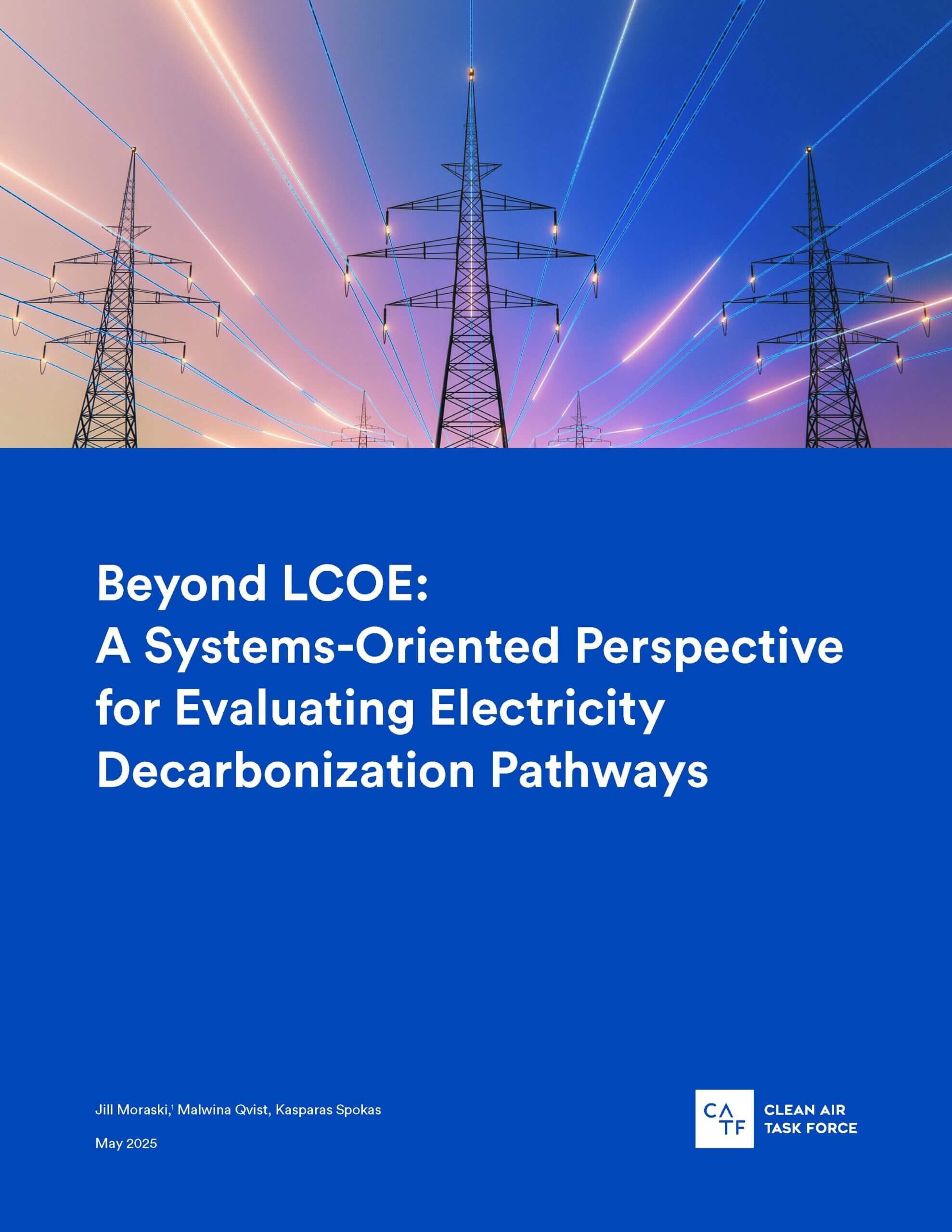Our Work
Electricity
Cleaning up electricity is critical to tackling climate change and improving public health
Electricity generation is responsible for roughly 40% of global energy emissions, which cause climate change and emit pollutants that reduce air quality. Electrification is a key strategy for cleaning up transportation, industry, and other sectors – but its benefits are stifled if electricity generation itself is high-emitting, expensive, or unreliable.

The challenge

Global electricity demand is increasing rapidly all over the world.

Hurdles like poor planning and regulatory frameworks, local opposition, and supply chain constraints limit the speed and scale of clean technology deployment.

Promising technologies like nuclear energy and geothermal, which could ease the path to electrification, still face significant deployment barriers in most markets.
Our impact in electricity
Our approach
Accelerate deep decarbonization of the global electricity system.
As challenges like interconnection delays, local opposition, and rising costs grow, we focus on systemic interventions that address multiple barriers at once – such as improving reactive and short-sighted planning methods and processes, reforming outdated regulatory structures, and updating strategies that overlook the real-world pace and scale required for progress. We do this by:
- System planning: Advocating for enhanced power system planning methods that proactively and comprehensively assess critical needs and resolve bottlenecks for clean technology deployment.
- Market and regulatory innovation: Engaging stakeholders to advance electricity market design and regulatory frameworks that enable better planning and faster procurement of clean technologies.
- Managing risks and uncertainty: Identifying realistic speed and scale constraints in current decarbonization strategies and offering alternative pathways to manage risks.
- Clean firm advocacy: Advocating for clean firm technologies, which can generate power on demand independently of weather and require less land, transmission, and critical minerals, which reduce system challenges of achieving targets.
Key strategies and activities
Research and education
- Conducting system modeling to inform a better understanding of the electricity decarbonization challenge and to better design strategies to achieve targets.
- Analyzing a wide range of scenarios and sensitivities to understand risks and uncertainties of existing strategies.
- Educating policymakers, civil society, industry, and others on the value of an inclusive “all-of-the-above” energy strategy.
- Advancing best practices for system modeling, needs assessment, market design, and planning processes in various regulatory contexts.
Coalition building and convenings
- Organizing and participating in key convenings that build coalitions of stakeholders who advocate for reform.
Policy innovation and design
- Exploring new policy designs to address electricity system barriers and support technology deployment.
Direct advocacy
- Advocating for policy interventions, infrastructure improvements, and regulatory reforms to facilitate electricity decarbonization.
The latest on our electricity work
Beyond Levelized Cost of Electricity (LCOE)
LCOE is a widely used standardized metric to assess electricity generation project costs per expected generation output. Often used to compare technology costs, LCOE has become a ubiquitous metric used in electricity industry literature, cost forecasts, project business cases, and policy making.
While LCOE is a good metric to track historical technology cost evolution, it is not an appropriate tool to use in the context of long-term planning and policymaking for deep decarbonization. This report explains why LCOE fails to reflect the full complexity of electricity systems and can lead to decisions that jeopardize reliability, affordability, and clean generation.
Related resources
Meet the experts
Meet our staff working in electricity.


